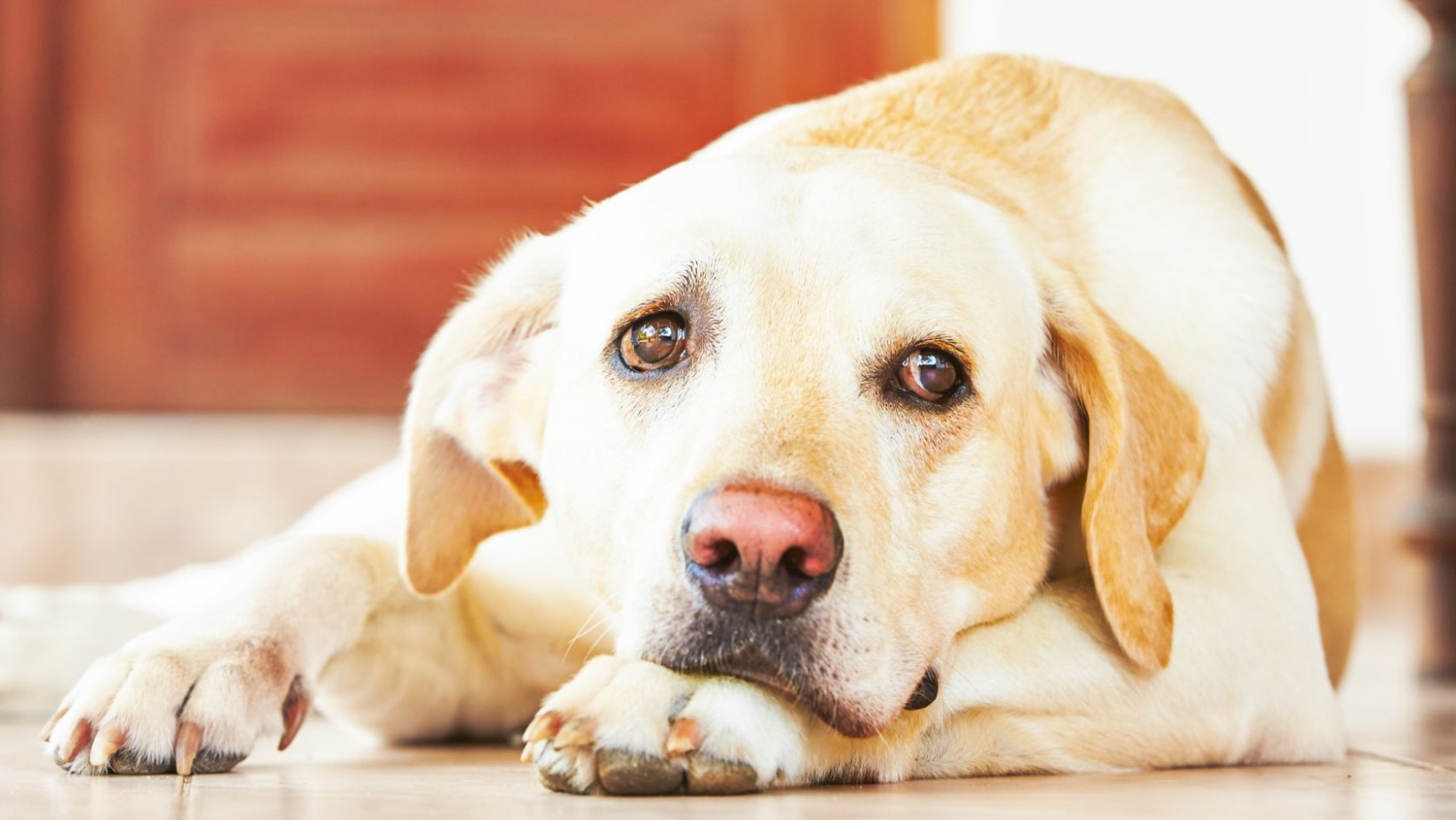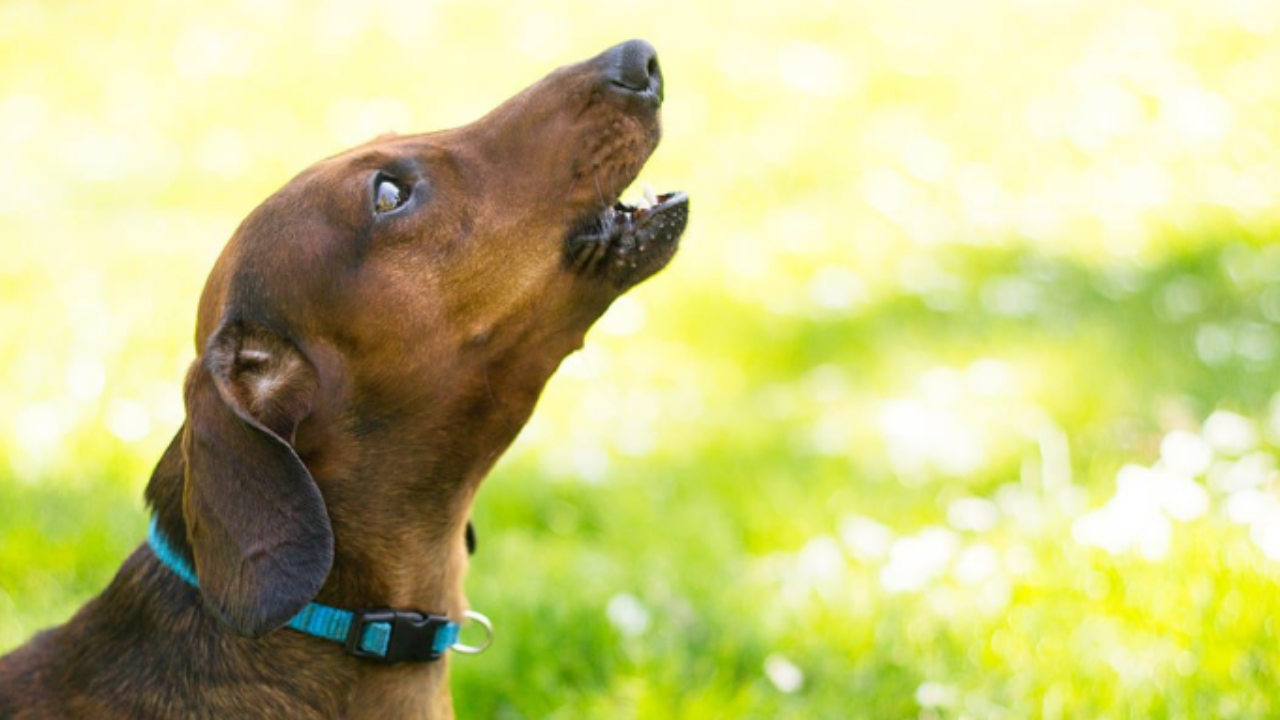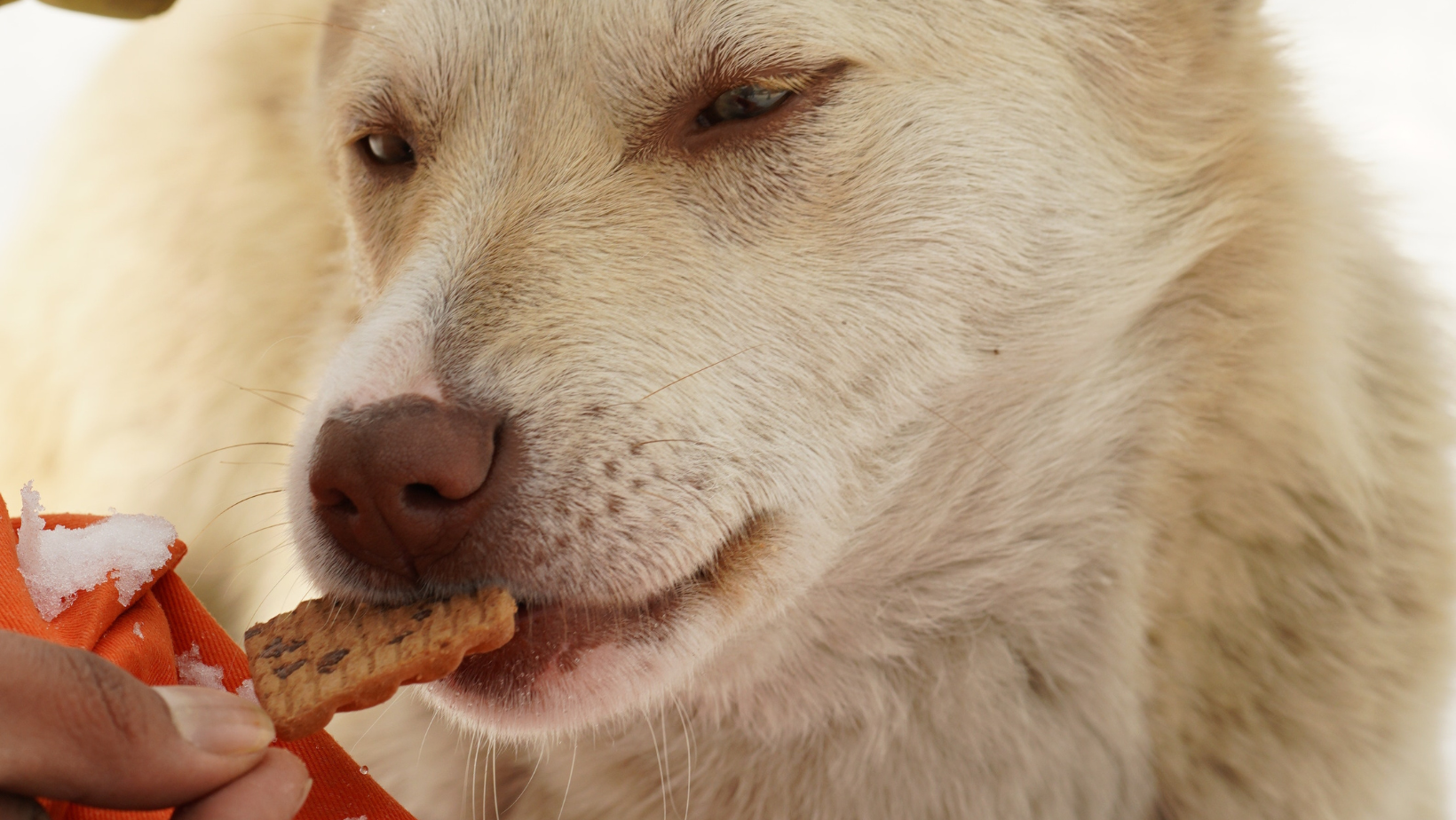Pancreatitis in Dogs

You pray that your family dog’s vomiting and lack of appetite are only temporary afflictions. It is frequently the case, although it could also be pancreatitis. If so, they’ll need medical attention. The inflammation of the pancreas causes the illness. That is a stomach-region organ that aids in food digestion and blood sugar regulation. Pancreatitis in Dogs can develop suddenly and go away quickly or it might linger for prolonged lengths of time.
Symptoms: Pancreatitis in Dogs
- Loses appetite
- Vomits
- Has belly pain
- Diarrhea
- No energy
- A hard time breathing
- Dehydration
- Irregular heartbeat
Take your dog to the vet if any of these issues persist for longer than a day or if the symptoms recur. Pancreatitis may be the cause, although it may not. In either case, you ought to have it examined.
A diagnosis may be made by your veterinarian based just on symptoms. But often, they’ll need to do blood tests or an ultrasound, which creates an image of what’s happening within the body using sound waves.
Causes
Although some breeds, particularly schnauzers, are more susceptible to pancreatic irritation than others, experts are unsure of what causes it. It is more likely to affect older canines and overweight dogs.
Sometimes the problem develops as a result of a pharmacological side effect or following surgery. More frequently, it is brought on by a fatty meal like bacon grease or table crumbs.
When a case is minor, dogs often recover, but when it’s severe, it occasionally results in death.
Treatment: Pancreatitis in Dogs
Your veterinarian will attempt to treat the pancreatitis first if they can determine what caused it. They could stop them from taking the medicine, for instance, if it had a drug response. They may put them on prescription food if it is diet-related.
Sometimes it’s difficult to determine what causes it, and there is no proven way to cure it. Instead, the emphasis shifts to providing the dog with the best level of comfort when under attack.
Your veterinarian may advise not giving your pet any food or drink for the first 24 hours, or they may advise giving them food as usual. Injections are frequently used to provide painkillers. The pancreas can relax thanks to these substances. IV fluids are frequently administered to dogs with pancreatitis.
To prevent dehydration after they come home, they must provide them with a lot of water. They could also require painkillers. Additionally, medication to reduce nausea and vomiting may be given to them.
Make sure your dog is eating a low-fat diet when he or she resumes eating. Choose food that is simple to digest. With your veterinarian, go through meal alternatives. It’s wise to follow this diet for about a week if this is a single, unexpected assault. If, however, your dog has had multiple episodes, this new feeding pattern will be permanent.
Prevention
Watch what your dog eats. Make sure they don’t eat a lot of foods heavy in fat.
Even on rare occasions, resist giving in to their puppy-dog gaze. Your dog is not required to consume human food. Keep your trash contained. During the holidays, when humans and their dogs are consuming more fatty meals, veterinarians report seeing higher cases of pancreatitis.





